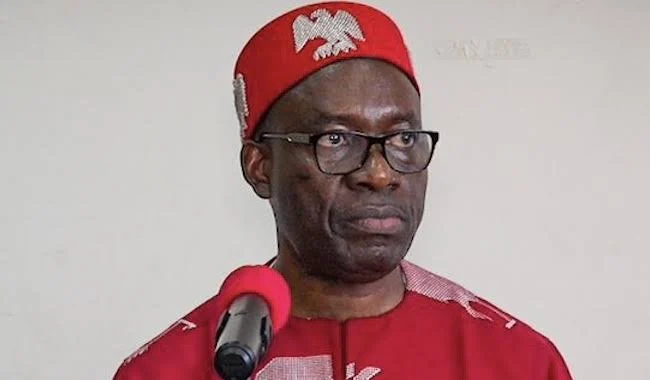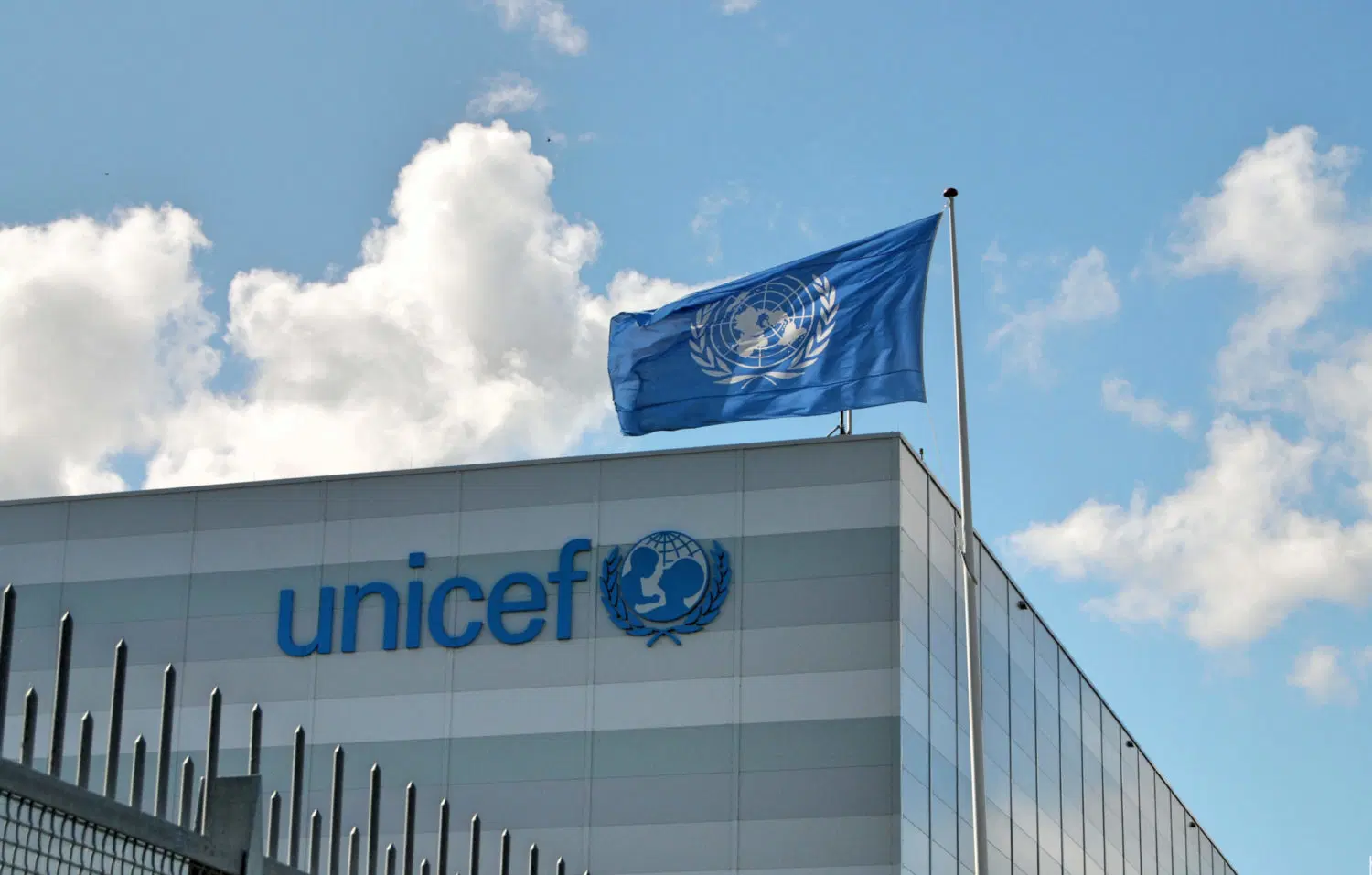Nigerian exporters are facing challenges in participating in the African Continental Free Trade Area due to the ongoing foreign exchange crisis.
Despite the Nigerian government’s efforts to promote exports through the Guided Trade Initiative, exporters are struggling to access the necessary foreign currency.
In July, the federal government announced that ten Nigerian companies would begin exporting various products to East, Central, and North Africa, highlighting the potential benefits of the AfCFTA, which encompasses a combined GDP of $3.4 trillion. However, the forex situation is a significant barrier to realizing these opportunities, according to The Punch.
This was disclosed by the National Coordinator, Nigeria AfCFTA Coordination Office, Olusegun Awolowo, in Lagos at the implementation of the African Continental Free Trade Area Nigeria’s inaugural shipment under the Guided Trade Initiative framework and ribbon-cutting ceremony.
“The companies are 10 in number, and over the next few days, weeks, and months they will be exporting Nigerian products to five countries across East, Central, and North Africa,” Awolowo had stated.
According to him, these companies exporting products like bags and drinks are setting a new standard for others to follow in Nigeria’s participation in the AfCFTA.
Their efforts could inspire more businesses to engage in international trade, despite the current challenges posed by the foreign exchange crisis.
“Some of the companies include, Le Look Nigeria Limited, exporting bags to Kenya; Secure ID Limited, exporting smart cards to Cameroon; Dangote exports clinkers to Cameroon; Avila Naturalle exports black soap and shea butter to Kenya,” he stated.
However, providing an update on the AfCFTA, the CEO of Le Look Nigeria Limited, Mrs. Chinwe Ezenwa, highlighted that their primary challenge has been the high cost of freight, which has been exacerbated by the foreign exchange crisis.
“The challenges have been logistics. I mean in the cost of freighting, it is a lot of money to freight because you know every airline because of forex has to increase their cost and that has been affecting the process,” she said.
She added that she has only been able to export 5,000 bags since the program began, significantly below the 20,000 bags she expected to export if not for the forex crisis.
“Since the launch in July, I have been able to export over 5,000 bags and I have also established a warehouse in Kenya. So that is a very big plus for me, I have also located a willing partner in Kenya that is because of AfCFTA.
“If not because of the forex issue, I am supposed to have exported more than 15,000 to 20,000 bags because these are school bags,” she said.
Ezenwa urged the government to assist the operators by making loan facilities available at a better interest rate.
“The way forward is to continue to create more awareness and also to continue to get the government to assist SMEs in any way they can by providing single loans that can assist do some of these things that are like a challenge to us,” she stated.
The Director-General of the African Centre for Supply Chain, Dr Obiora Madu, in a recent interview with pressmen, criticized the slow pace of Nigeria’s participation in the AfCFTA.
According to him, the challenges confronting Nigeria in trade stem from a lack of an export culture and limited capabilities among potential exporters.











